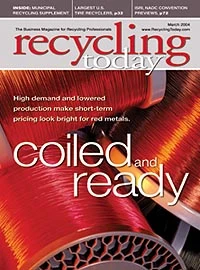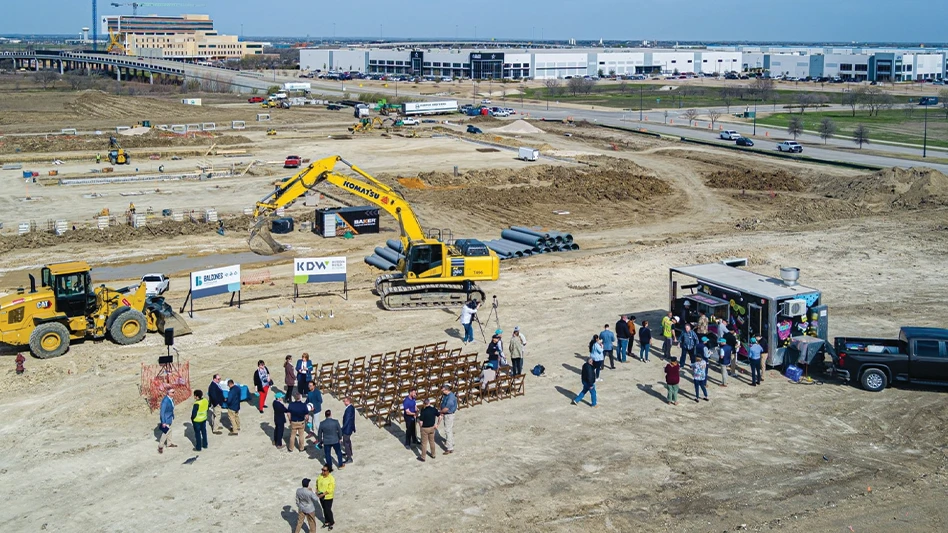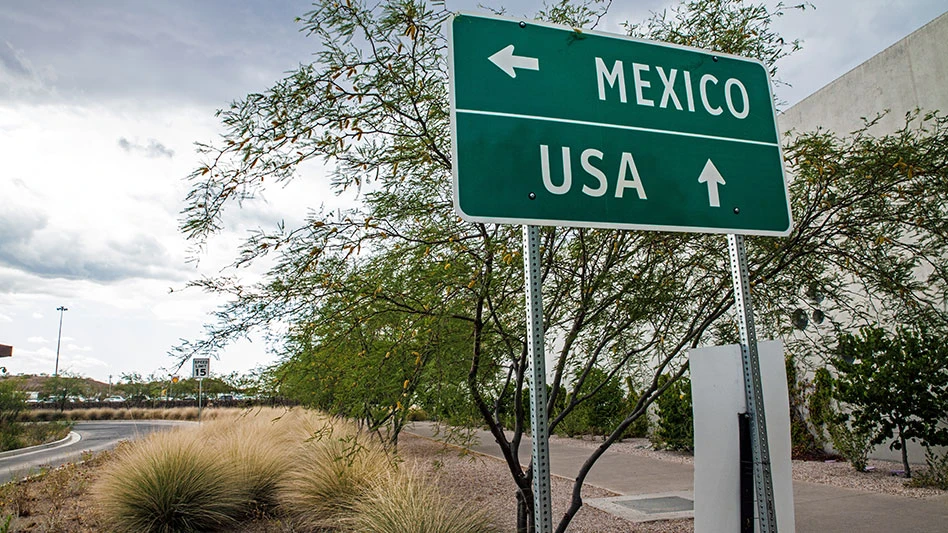BIR PREPARES FOR BERLIN CONVENTION
Members of the Bureau of International Recycling (BIR) will travel to Berlin from points across the globe in May to share information on recycling industry markets and legal rulings.
The BIR’s Spring convention and exhibition is May 24-26 at the Maritim proArte hotel, in what BIR publicity materials call "the heart of Berlin, just a few steps away from the magnificent Boulevard ‘Unter den Linden’ and other sights."
With much of its membership hailing from Europe, the BIR notes that this convention is an important one in terms of the European Union (EU) adding additional member nations—offering a chance for scrap traders "to further widen our members’ business opportunities in this important part of the world."
Most of the new EU nations are in Eastern Europe, a part of the world that has been generating significant amounts of scrap and that also contains key consuming mills.
The Spring Convention will feature its usual schedule of BIR division and board meetings, with market reports from division members from different parts of the world.
The Paper Division, Textiles Division, the Shredder Committee, the Tires Round-table, the Ferrous Division, the Nonferrous Division and the Stainless Steel and Special Alloys Committee will meet at the Spring Convention.
Additionally, the International Environmental Council will meet, and attendees will have the chance to attend a workshop on shipping and freight. Attendees who choose to sign up can also attend a guided tour of the Riva Stahl facility in Brandenburg, a plant owned by the Riva Steel Group.
More information on the Spring Convention can be found on-line at www.bir.org.
REGULATORY ROLLOUTS
The Bureau of International Recycling (BIR) and two of its European Federations, EUROMETREC and ERPA, have expressed "serious concern" about the revision of the European Union (EU) Waste Shipment Regulations, for which the European Council has recently been determining its position.
The recycling trade groups note that early in the legislative process, the Commission had added a "notifier hierarchy" that would seriously restrict licensed collectors, registered dealers, brokers and traders from carrying out their business. Currently these businesses are licensed, registered or permitted by their national authorities.
The Commission never publicly justified this "notifier hierarchy," the groups contend. This "notifier hierarchy" restriction slipped through the EU Parliament’s first reading and is now submitted to the Council. This legal text could damage currently well-functioning markets by removing some specialist operators.
As an example of the benefit of specialists, the BIR cites the role of the dealer/trader/broker network in the management of metal-containing drosses, ashes and residues.
For the entire range of recycling materials no dealer, trader or broker would be allowed to arrange export to industrializing countries that require notifications, and no dealer, trader or broker in those materials would be allowed to arrange export to Latvia, Hungary, Malta, Poland and Slovakia, which require notification through new EU Accession Treaty arrangements. "This will damage business and, unintended, will encourage industrializing countries wanting these materials, yet requiring notification, to drop their controls," the BIR says in a news release.
Get curated news on YOUR industry.
Enter your email to receive our newsletters.

Explore the March 2004 Issue
Check out more from this issue and find your next story to read.
Latest from Recycling Today
- Recycled steel price crosses $500 per ton threshold
- Smithers report looks at PCR plastic’s near-term prospects
- Plastics association quantifies US-EU trade dispute impacts
- Nucor expects slimmer profits in early 2025
- CP Group announces new senior vice president
- APR publishes Design Guide in French
- AmSty recorded first sales of PolyRenew Styrene in 2024
- PRE says EU’s plastic recycling industry at a breaking point






